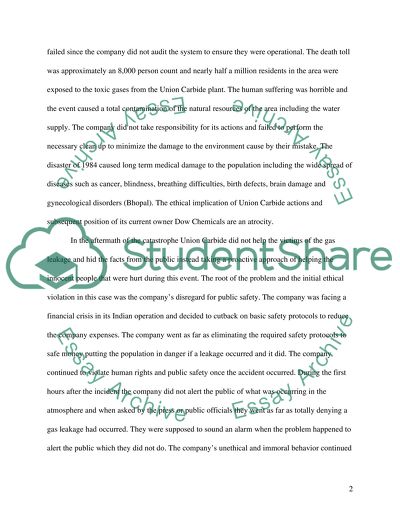Cite this document
(“Business ethics Essay Example | Topics and Well Written Essays - 1500 words - 2”, n.d.)
Business ethics Essay Example | Topics and Well Written Essays - 1500 words - 2. Retrieved from https://studentshare.org/miscellaneous/1542119-business-ethics
Business ethics Essay Example | Topics and Well Written Essays - 1500 words - 2. Retrieved from https://studentshare.org/miscellaneous/1542119-business-ethics
(Business Ethics Essay Example | Topics and Well Written Essays - 1500 Words - 2)
Business Ethics Essay Example | Topics and Well Written Essays - 1500 Words - 2. https://studentshare.org/miscellaneous/1542119-business-ethics.
Business Ethics Essay Example | Topics and Well Written Essays - 1500 Words - 2. https://studentshare.org/miscellaneous/1542119-business-ethics.
“Business Ethics Essay Example | Topics and Well Written Essays - 1500 Words - 2”, n.d. https://studentshare.org/miscellaneous/1542119-business-ethics.


